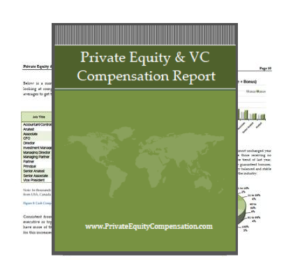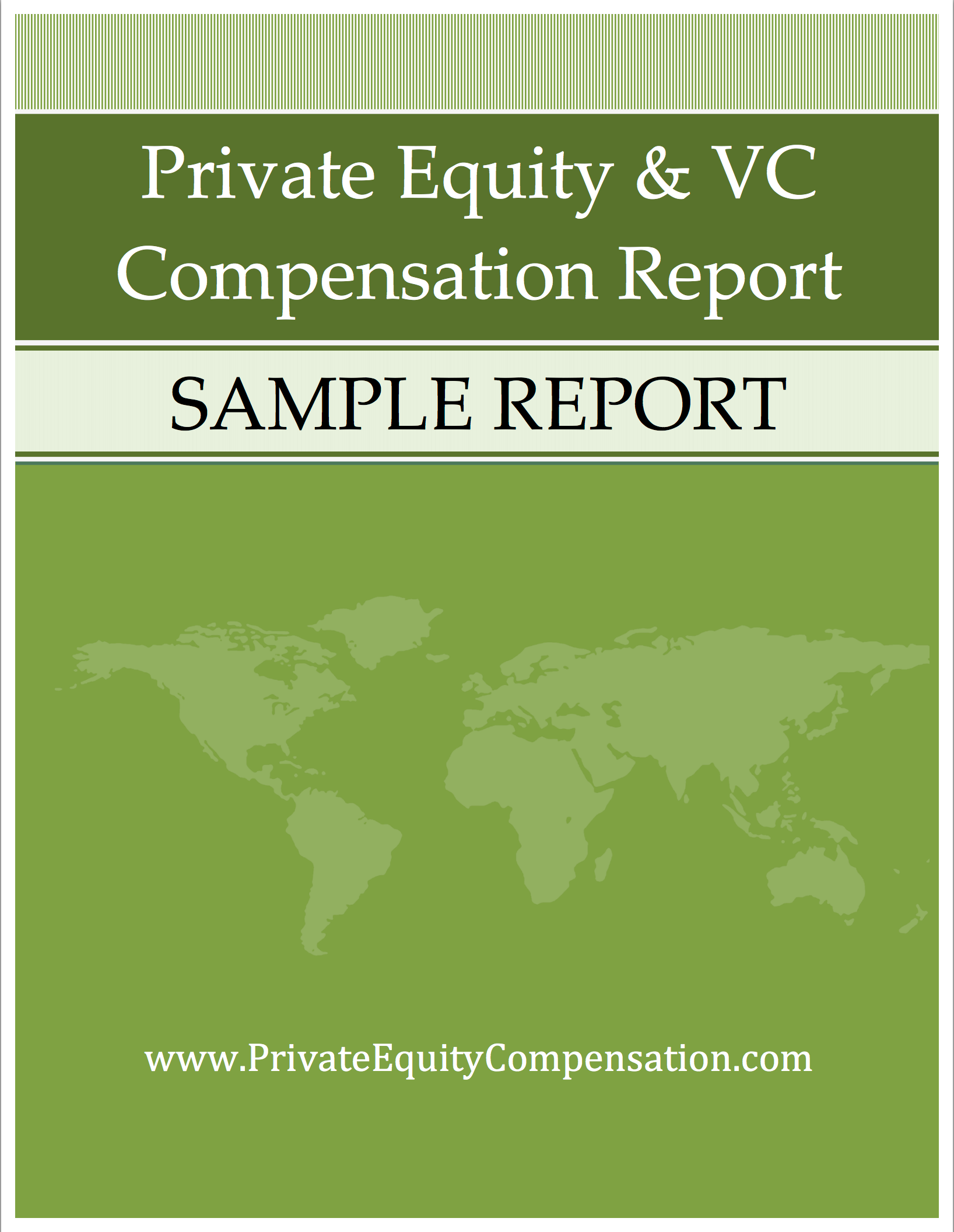Private Equity and Venture Capital Compensation Gains Continue
 In this, our twelfth annual Private Equity & Venture Capital Compensation Report for 2019, we look to that past to better confront the challenges of the future. The goal of this report is to identify industry compensation trends and provide insights into their effect on compensation practices, recruitment and retention.
In this, our twelfth annual Private Equity & Venture Capital Compensation Report for 2019, we look to that past to better confront the challenges of the future. The goal of this report is to identify industry compensation trends and provide insights into their effect on compensation practices, recruitment and retention.
This year marks the fifth straight year of compensation gains in the private equity and venture capital industry, with 64 percent of this year’s respondents expecting total compensation levels to increase over last year, while only 5 percent expect to earn less.
We have noted several trends in this year’s compensation report, one of which is increasing base salaries and declining bonuses as a percentage of overall compensation for private equity and venture capital professionals in the highest pay band.
This year’s report confirms the continuation of another unsettling trend—the diminishing correlation between bonus pay and firm performance. For example, we see that respondents employed in firms where fund performance is down by 1 to 9 percent still forecast an average bonus of $114,000. Seeds of this trend surfaced in 2014, sprouted in 2015, grew in 2016 and matured in 2018.
In-house training continues to receive unfavorable reviews, despite last year’s movement in a positive direction. Why the industry ignores the potential benefits of robust in-house training programs remains a mystery, particularly in the competitive job market that exists today. Quality internal training programs have the potential to attract and retain talent, but statistics show this potential is broadly ignored, as a mere 17 percent of this year’s respondents rate their in-house training as good to excellent.
Higher MBA base salary, bonus compensation, and vacation time as compared to their non-MBA peers has been a regular feature of this report since its inception. This year, we can once again, confirm the monetary value of an advanced degree.
Job seekers will appreciate the section of this report devoted to identifying which positions are in demand, what percentage of firms are hiring, and what percentage are cutting back. For example, 54 percent of respondents’ firms are hiring investment personnel, while only 1 percent are cutting back in information technology hires.
The 2019 Private Equity and Venture Capital Compensation Report serves as myth-buster and forecaster, debunking misconceptions, and providing readers insightful, industry-specific information regarding the complex subject of compensation.
Other highlights from this year’s report include:
- Respondents working in firms with less than $100 million in assets under management (AUM) earn almost 13 percent less than peers in firms with $1 billion or more;
- 73 percent of respondents do not receive a bonus guarantee;
- The least-favored investment strategy is PIPE;
- Bonus pay totals 44 percent of all compensation paid to industry professionals; and
- Fifty-two percent of respondents work in firms with expected fund gains of 10 to 24 percent.
About The Private Equity Compensation Report
The 2018 Private Equity and Venture Capital Compensation Report is based on data collected directly from hundreds of private equity and venture capital partners, principals and employees.
The report, in its eleventh year of publication, is widely regarded to be among the most comprehensive benchmarks for private equity and venture capital compensation. It provides independent and impartial data covering a broad range of salary, bonus, carried interest and other compensation related information, sourced directly from professionals working within the industry.

